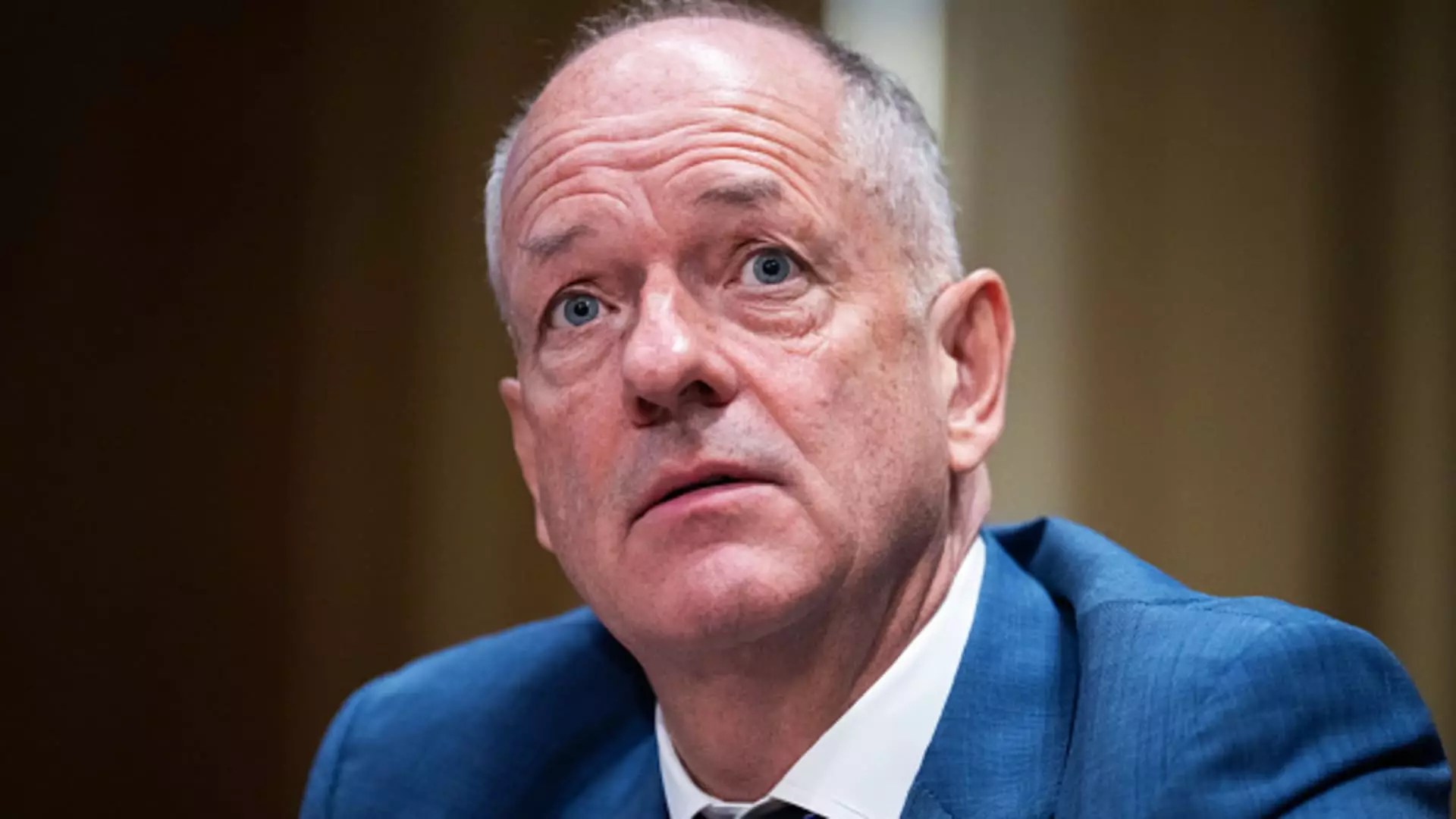The recent passing of Brian Thompson, the CEO of UnitedHealthcare, has not only left a void in leadership within one of the largest private insurance firms in the United States but also ignited a pressing conversation regarding the systemic flaws within the U.S. healthcare system. Andrew Witty, the CEO of UnitedHealth Group, publicly expressed his condolences and concerns for the industry in a poignant New York Times opinion piece. Witty’s remarks resonate deeply with both current frustrations and longstanding issues within the health care framework.
In his article, Witty acknowledges the inherent flaws of the healthcare system, highlighting that it is not a construct anyone would consciously design. Rather, it is a complex, historical amalgamation of policies and practices that have evolved over decades, frequently leading to inefficiencies and patient dissatisfaction. This reflection demonstrates an understanding of the tangled web of regulations and practices that have shaped healthcare delivery in the U.S., often leaving patients feeling confused and marginalized in a system that should prioritize their health.
Amidst the tragedy of Thompson’s death, Witty emphasizes UnitedHealth Group’s commitment to collaboration in rectifying these systemic issues. He extends an invitation to various stakeholders—including healthcare providers, employers, patients, and government entities—to join forces in the pursuit of improving care quality and affordability. This collaborative approach is essential, as it recognizes that reforming the healthcare system requires a collective effort. Partnerships across different sectors can lead to innovative solutions that not only enhance operational transparency but also align incentives for better patient outcomes.
Thompson’s death has also amplified public unrest regarding the insurance industry, which many Americans perceive as increasingly culpable for the rising costs of healthcare. Reports of denied claims, exorbitant premiums, and unexpected bills have fueled anger and discontent, manifesting prominently on social media platforms where countless individuals share their grievances. This deluge of discontent highlights a significant challenge facing insurers: restoring trust and improving communication with patients about coverage and claims decisions.
In light of these challenges, Witty asserts that UnitedHealth Group must refine its processes for communicating coverage and decision-making. By demystifying the claims process and ensuring that patients receive informative guidance, insurers can begin to create a sense of accountability and rebuild trust with the public. It is crucial for healthcare organizations to not only defend their operational decisions but also engage openly with customers to elucidate the rationale behind such choices.
Brian Thompson’s untimely death serves as a tragic reminder of the urgency for reform within the healthcare sector, while also underlining the importance of compassionate and responsible leadership. As Witty and UnitedHealth Group move forward, they must not only honor Thompson’s legacy but also seize the opportunity to effect meaningful change in a system that significantly impacts the lives of millions. The path to improvement may be arduous, but it begins with acknowledging existing flaws and prioritizing collaborative efforts to build a healthcare system that delivers on its promise of quality and accessibility.


Leave a Reply